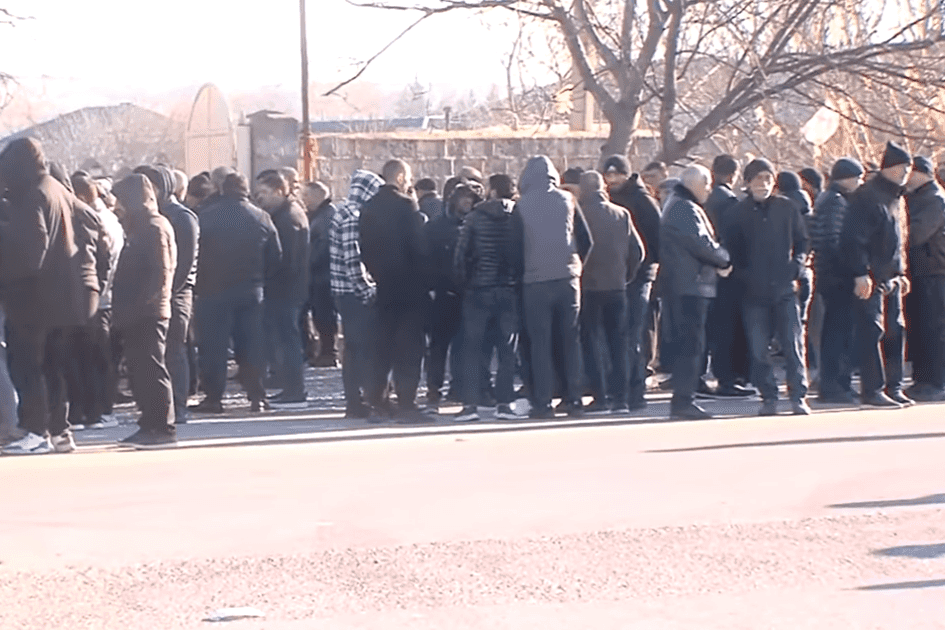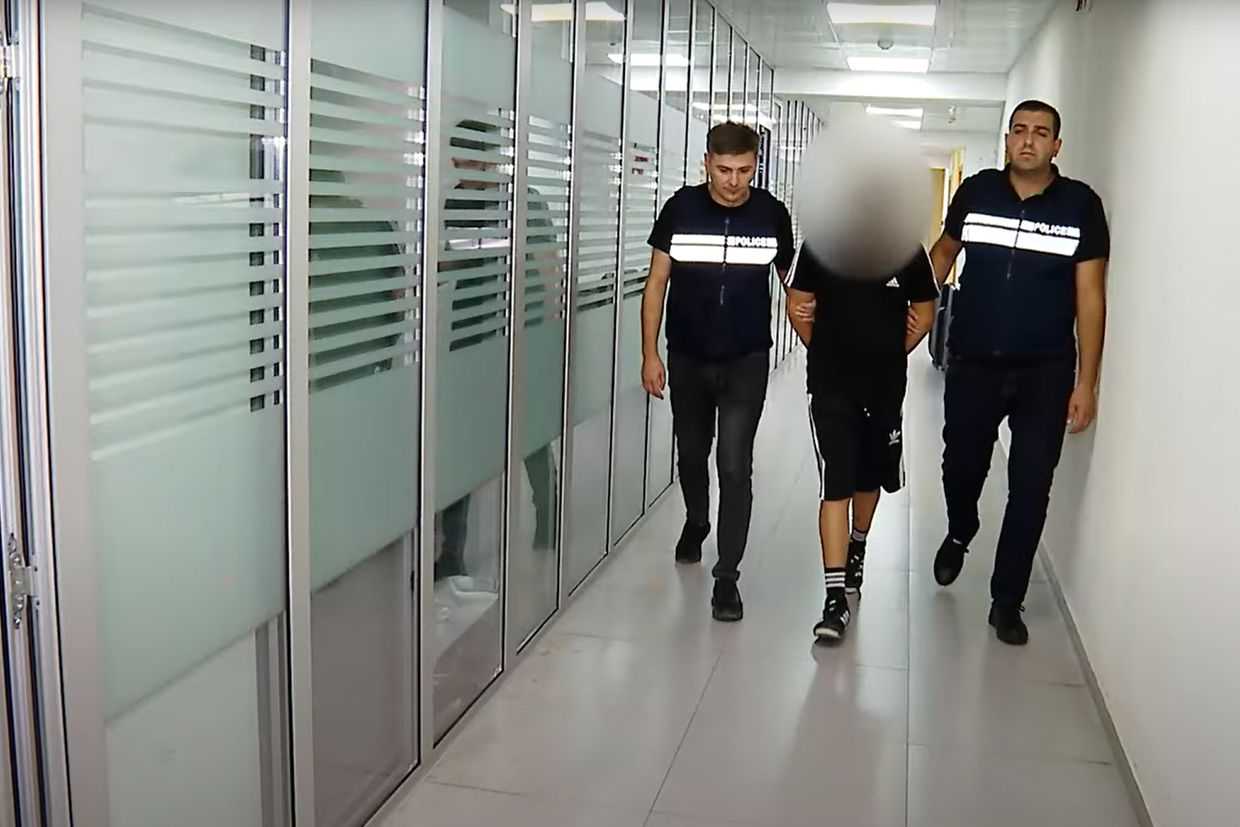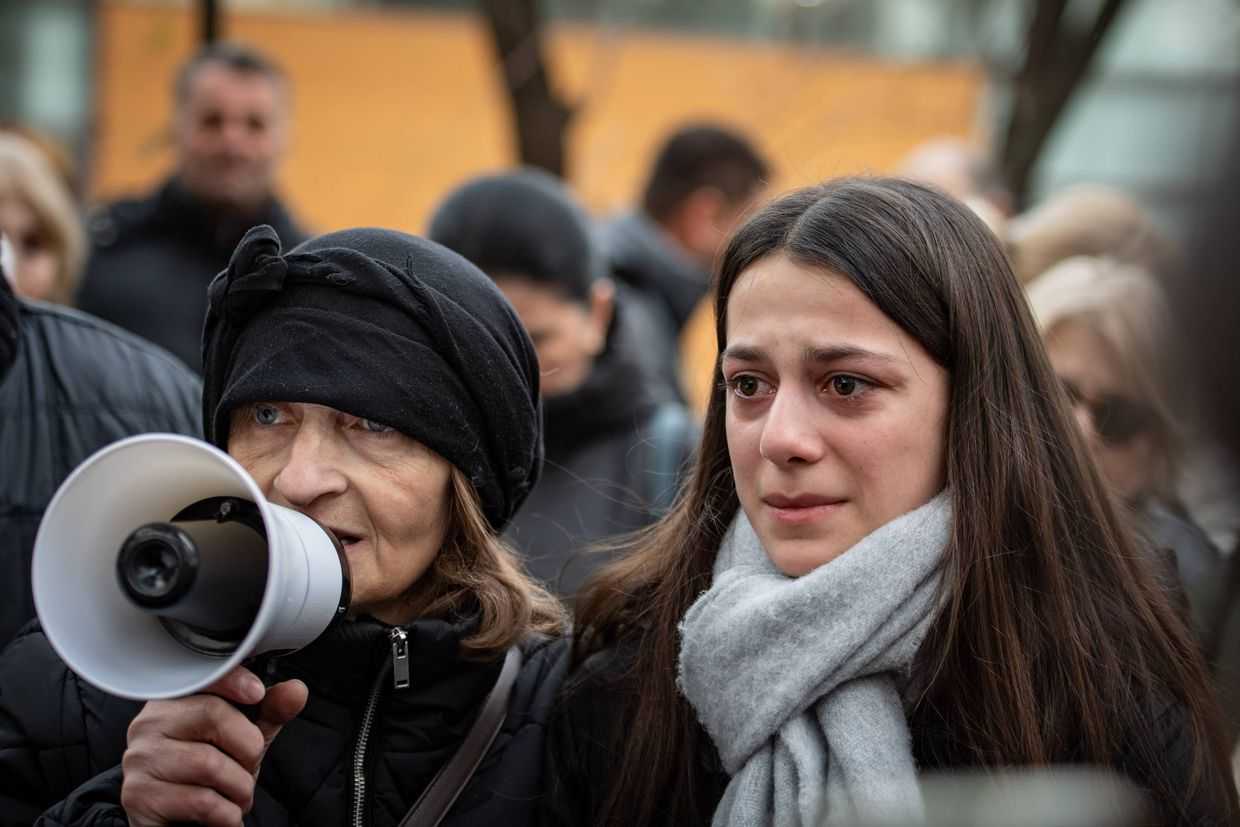
The Georgian parliament has unanimously adopted an amnesty law which will see 1,500 people released from prison.
According to Mikheil Sardzhveladze, an MP from the ruling Georgian Dream party and the author of the bill, over 6,000 will also have their sentences reduced.
Around 4,000 who have outstanding fines from prior to October 2012 will also have those fines quashed.
According to Georgia’s National Statistical Office, Geostat, as of May 2020 there were over 9,300 people serving time in Georgian prisons.
The amnesty covers those convicted of dozens of less serious crimes, including the purchase, possession, production, and sale of drugs, theft, and property damage.
In addition, women with children under the age of 18 who were convicted of minor offences will serve the remainder of their sentences under house arrest, as will those who began studying while in prison.
‘A red line’
As parliament approved the law, several dozen protesters gathered outside calling for that the law be expanded. This included a demand that the sentences of those charged with serious crimes also be cut by a quarter.
The protesters included the families of prisoners as well as several activists.
While discussing the bill in its first hearing, lawmakers agreed to certain ‘red lines’, including that the amnesty did not apply to serious crimes including domestic violence and drug trafficking.
Explaining the decision, the speaker of the Georgian Parliament, Archil Talakvadze, said they wanted to ‘resocialise and return to their families’ thousands of people.
‘On the other hand, we guarantee to society that the crime rate will not increase in the country because of this amnesty’, he said
Concerns have also been raised about the epidemiological situation in prisons during the global pandemic.
Some of the protesters told journalists that tests were not being carried out and enough medical care not being granted to inmates who may have contracted COVID-19.
‘Give us back our sick children. I will not allow my child to die there,’ one protester told TV channel Mtavari Arkhi.
Several opposition groups, who were not present in parliament due to a boycott over the conduct of October’s election, also criticised the amnesty law, saying it was imperfect or was adopted exclusively for populist purposes.
‘The law must be based on some kind of logic’, said Eka Beselia, the leader of the For Justice party and a longtime proponent of judicial reform. ‘The articles [of the criminal code] selected give the impression that for some it [the law on amnesty] works, but for others it does not,’ she said.
Sergo Chikhladze, a member of the Strategy Agmashenebeli party said the law did not live up to expectations.
‘We hoped that the law would also cover those articles concerning the so-called political prisoners’, Chikhladze said, adding that it would have helped in negotiations between the government and the opposition.
[Read on OC Media: Georgia’s new parliament opens without a single member of the opposition]









